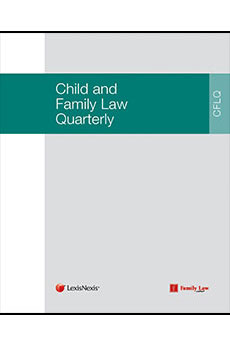- News & Comment
-
Online Shop
Online Services
Looseleafs
Law Reports
Books and eBooks
-
CPD & Events
Webinars
Events
- Authors
- About Family Law
- Contact


A briefing by the Joseph Rowntree Foundation, Poverty in Wales 2018, has revealed that almost a quarter of people in Wales live in poverty as levels of deprivation rise among some of the country’s most vulnerable groups.
710,000 people in Wales are now living in relative poverty, with their household income, after housing costs, less than 60% of median income, making Wales the most ‘poverty stricken nation in the UK’. The deprivation has been blamed on rising living costs, combined with reductions to working-age benefits and poor quality jobs. Of the 710,000, 185,000 are children, 405,000 are working-age adults and 120,000 are pensioners.


Campbell Robb, chief executive of the Joseph Rowntree Foundation, says ‘low-paid’ and ‘unstable’ jobs, coupled with rising living costs and insufficient benefits, mean many people in Wales are ‘locked in a daily struggle to make ends meet’.
Robb says the Foundation urges politicians to work with businesses to redesign the job and housing markets to work better for those in deprived areas. He says:
‘Poverty restricts the choices people can make, leaving families in impossible situations like choosing either to heat their home or pay their rent.'
The briefing does indicate there has been good progress in Wales on three important drivers of working-age poverty:
worklessness has fallen;
employment rates have risen; and
adult’s skills have improved.
It also reveals that poverty among pensioners has fallen, but by less than in England, Scotland and Northern Ireland.



